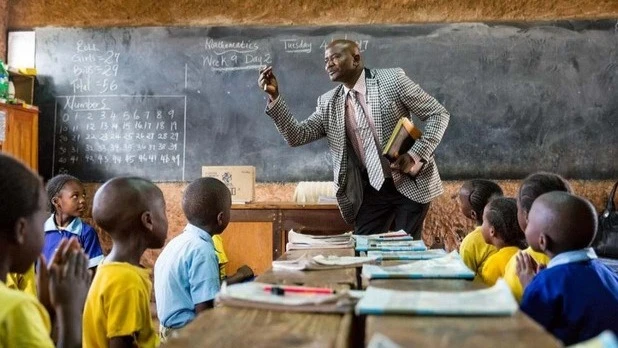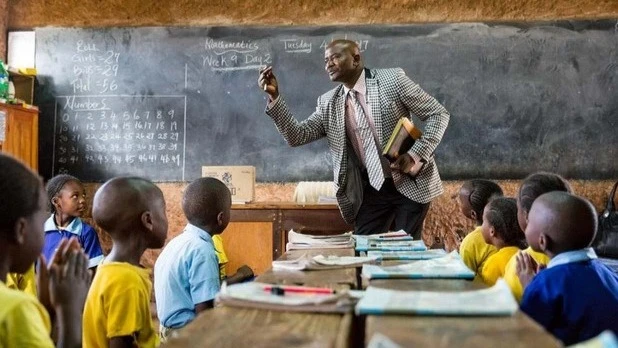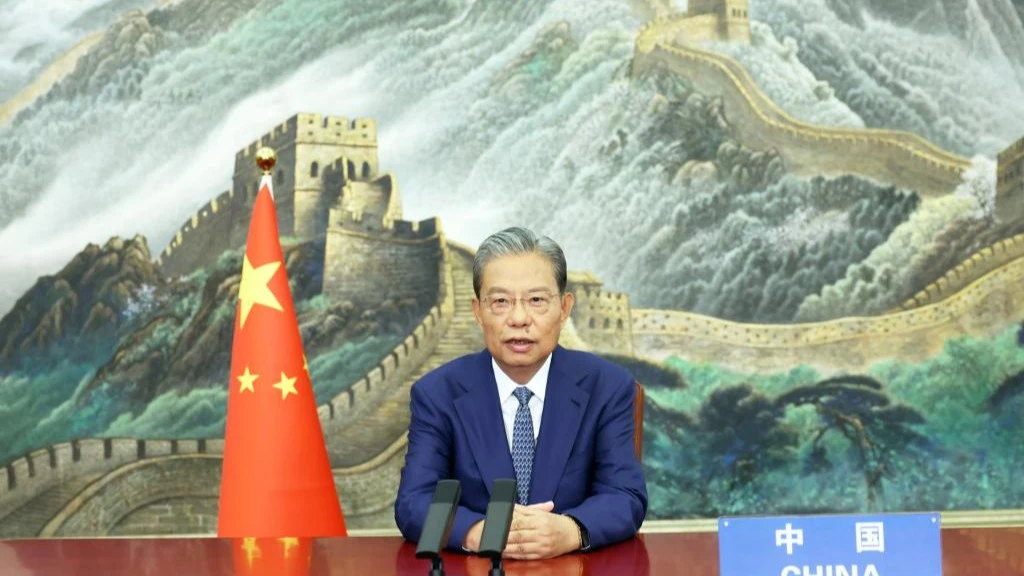Motivating learners: The key to effective teaching, lasting success

THE ultimate goal of any dedicated worker is to achieve excellence and success in their duties. For teachers, success is defined by their learners’ achievements—both in academics and in life beyond school.
A teacher’s true accomplishment lies not merely in delivering lessons, but in nurturing students, who grow to think critically, act responsibly and value knowledge as a lifelong asset.
While teaching techniques and classroom strategies are essential, they are not sufficient on their own. For learning to be meaningful, teaching must be accompanied by motivation that captures learners’ attention and sustains their willingness to engage.
Learning is a behavioral process that demands practice, repetition, and active interaction. Therefore, teachers must focus on creating strong communication links with learners to ensure better academic and behavioral outcomes.
Learning flourishes when both teachers and learners enjoy the process. When teaching becomes a forced activity, learning turns into a burden rather than a joy. The energy a teacher spends on constant confrontation with disengaged learners could instead be channeled toward improving teaching methods.
A friendly and understanding relationship between teachers and students fosters mutual respect and motivation, which ultimately leads to greater effort and better results.
Psychologists remind us that human behavior is complex and influenced by multiple factors. Teachers must therefore be creative and adaptable in their approach. They should find ways to attract learners’ attention and inspire a genuine love for learning.
When students are self-driven and willingly engage in their studies, the teaching process becomes more effective and less exhausting. The teacher’s role then shifts from enforcement to guidance.
Teachers should design lessons with one major goal in mind—to make learners active participants in the teaching and learning process. Before planning any lesson, teachers need to consider strategies that can trigger curiosity and maintain attention.
Regular self-assessment is crucial; teachers must constantly seek new techniques to make learning more interactive, enjoyable, and effective.
The world is evolving rapidly, bringing changes that affect learners’ interests, values, and perspectives. Technology, social trends, and family environments all shape how learners perceive education.
Because behavioral change takes time, teachers must exercise patience and understand that they are not the sole actors in the educational process. Rather than dictating learning, they should seek to influence it positively. Creativity and flexibility help teachers achieve more impact with less effort.
A major victory is achieved when learners develop the intrinsic motivation to put effort into their studies. This self-driven attitude not only improves academic performance but also benefits society as a whole.
A nation thrives when its schools produce knowledgeable and skilled graduates who can contribute to social and economic progress. Learners who value education as a tool for personal empowerment and community development are more likely to excel and make meaningful contributions.
Learners should be encouraged to see education as a lifelong investment, not merely as a means to please parents or teachers. When students view learning as a path to securing their future, they study with purpose and determination. Unfortunately, many learners fail to appreciate the value of education due to limited awareness.
This lack of understanding often leads to conflicts in the classroom, where teachers struggle to enforce discipline rather than inspire curiosity. To bridge this gap, teachers must focus on helping learners recognize education as their most valuable asset.
Several practical strategies can help teachers motivate learners and rekindle their enthusiasm for learning:
Encouraging healthy competition
Competition brings value to any activity. Just as athletes train hard to win trophies, learners can be motivated to study harder when they have opportunities to compete academically. Teachers can organize debates, quizzes, spelling contests, or project exhibitions.
These activities not only make learning fun but also help learners assess their strengths and weaknesses. The desire to perform better in the next competition fuels continuous improvement. Healthy competition instills discipline, teamwork, and the spirit of excellence.
Rewarding effort and achievement
Rewards can be powerful motivators, especially for younger learners. A simple token—a book, a pen, or a small treat—can encourage effort and create a sense of pride.
Initially, students may work hard just to earn rewards, but as they mature, they begin to appreciate the intrinsic value of education. Teachers do not need to spend much; what matters most is the recognition of effort.
Even small gestures of appreciation can inspire learners to work diligently. Over time, external rewards transform into internal motivation as learners take pride in their own achievements.
Engaging in meaningful conversations
Sometimes, poor academic performance stems not from inability but from lack of awareness or emotional support. Taking time to talk with learners can change their attitude toward education.
Teachers who listen and counsel their students build trust and understanding. According to psychologists, conversation can serve as a form of therapy. By discussing goals, challenges, and dreams, teachers can help learners connect their studies to real-life aspirations. This approach not only strengthens teacher-learner relationships but also promotes emotional well-being and academic success.
Inspiring through real-life examples
The saying “actions speak louder than words” is particularly true in education. Inviting former students who have excelled academically or professionally to share their experiences can greatly motivate current learners.
Seeing tangible examples of success makes education feel more attainable and valuable. Schools can organize mentorship sessions, alumni talks, or career days where students interact with role models. Such encounters demonstrate the real rewards of education and inspire learners to pursue excellence.
Ultimately, the value of education must be instilled deeply in learners’ minds. Just as people protect money because they understand its worth, students must learn that education is even more valuable—it cannot be stolen, lost, or destroyed. Knowledge is the foundation of opportunity and empowerment.
When learners internalize this truth, they no longer study to please others but to secure their future. Teachers play a critical role in guiding this transformation. By blending motivation, creativity, empathy, and effective communication, teachers can cultivate classrooms filled with curiosity, enthusiasm, and mutual respect.
The success of the education system depends not only on curriculum or infrastructure but also on the motivation that drives both teachers and learners. Once students realize that education is the greatest investment they can make, their learning becomes purposeful and transformative.
Top Headlines
© 2025 IPPMEDIA.COM. ALL RIGHTS RESERVED

























